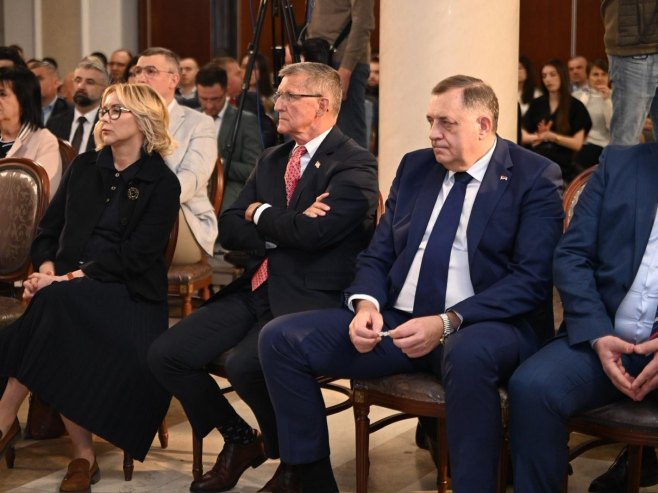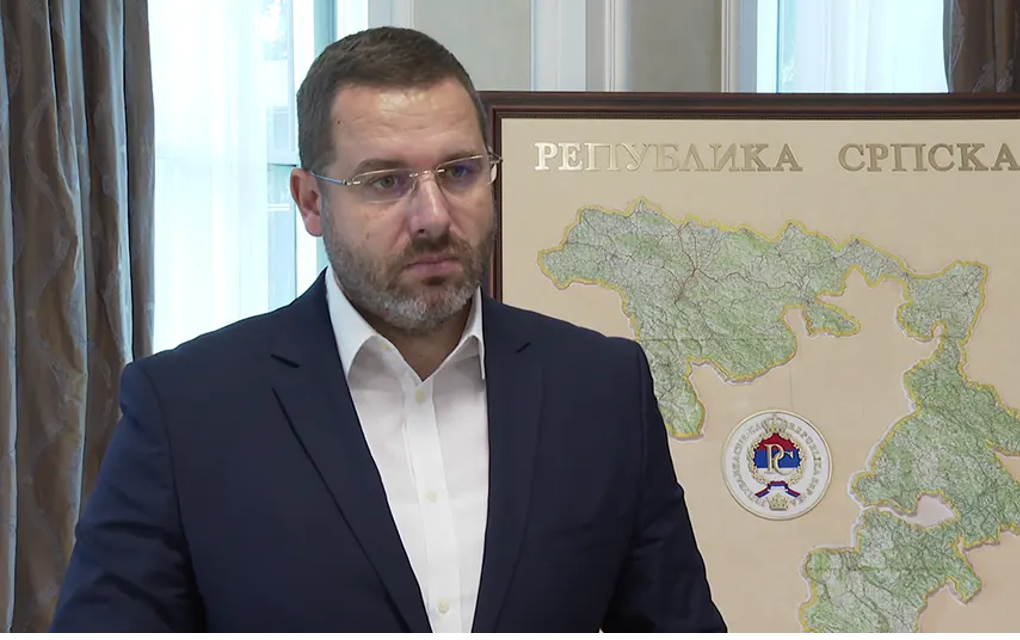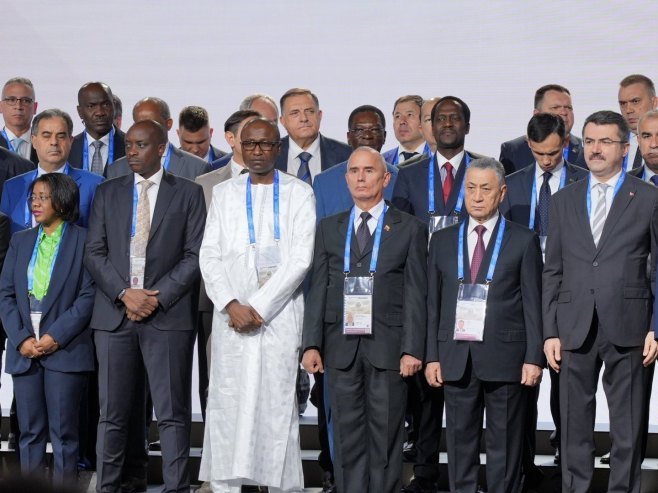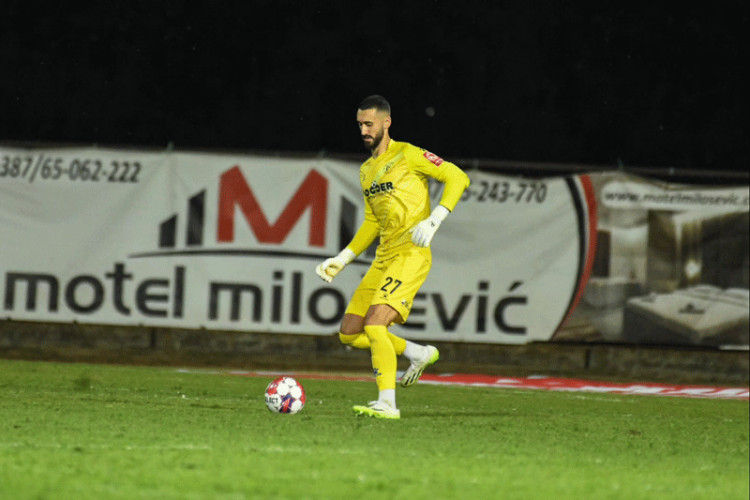Unlike Christian Schmidt, who has no mandate in Bosnia and Herzegovina, hence no mandate to deal with anything in BiH, the Parliamentary Assembly clearly has a constitutional mandate and competence to resolve the issue of foreign judges, i.e., to define the manner in which foreign judges will be replaced by domestic judges in the Constitutional Court of BiH, said Radovan Kovačević, a Serbian delegate in the House of Peoples of the Parliamentary Assembly of BiH, for RTRS.
He emphasized that the matters are entirely clear.
“The Constitution has very clearly defined that the Parliamentary Assembly, after five years, hence from the signing of the Dayton Agreement in 1995, has the possibility to define the manner in which domestic judges will be selected instead of the judges appointed by the President of the European Court of Human Rights,” Kovačević reminded, responding to Schmidt’s statement that the dismissal of international judges of the Constitutional Court of BiH violates the Constitution and the principle of the independence of jurisdiction and that he is the guardian of the Dayton Agreement.
He mentioned that this deadline was in the year 2000.
“We are now in the year 2024, in a position when we want to put on the agenda something that, according to the Constitution, we were supposed to resolve 24 years ago. That someone leaves the sessions of the Parliament, someone breaks the quorum, someone blocks the work of both the House of Peoples and the Parliamentary Assembly, and blocks BiH, because it prevents BiH from making decisions,” says Kovačević.
He reminded that yesterday’s agenda of the session included the issue of amending the Electoral Law, for which, Kovačević adds, Schmidt threatens to impose his solution.
“It’s possible that they created this scandal and scene to give Schmidt the opportunity to impose something. The Electoral Law is alive and is in parliamentary procedure. Amendments to the Electoral Law received a positive opinion at the constitutional legal committee of the House of Peoples yesterday. We were supposed to discuss the amendments to the Electoral Law two minutes after the scandal created by the delegates from the Bosniak people,” says Kovačević.
He adds that the moment the delegates from the Bosniak people return to the institutions, decide to work, and allow decisions to be made, then the issue of the Electoral Law in BiH will be resolved.
“This is sheer hypocrisy that constantly exists in BiH. When representatives of Republika Srpska do something, when they say they won’t attend a session of some institution, won’t vote, or when we say we’ll vote as we think and vote, for example, negatively, then Schmidt, Inzko, Johann Sattler, Michael Murphy, and even the European Commission, and all other embassies, are full of talk about how Republika Srpska is blocking something,” believes Kovačević.
And when we get, he adds, the most blatant possible way of political blockade, when someone leaves a session, breaks the quorum, and prevents others who would like to work and make decisions, then they receive political support.
“How long are we going to endure this kind of political hypocrisy? It’s a complete disaster and something that should not happen. We’re talking about a country that has become a candidate for EU membership, about a country that in two days is supposed to receive the news that accession negotiations will be opened, and here we have an absolutist who wants to be above institutions, above the representatives of the citizens and peoples who have legitimacy they received in free and democratic elections,” said Kovačević.
He concluded by stating that these are incompatible matters and that Republika Srpska does not wish to participate in them.
Source: RTRS









